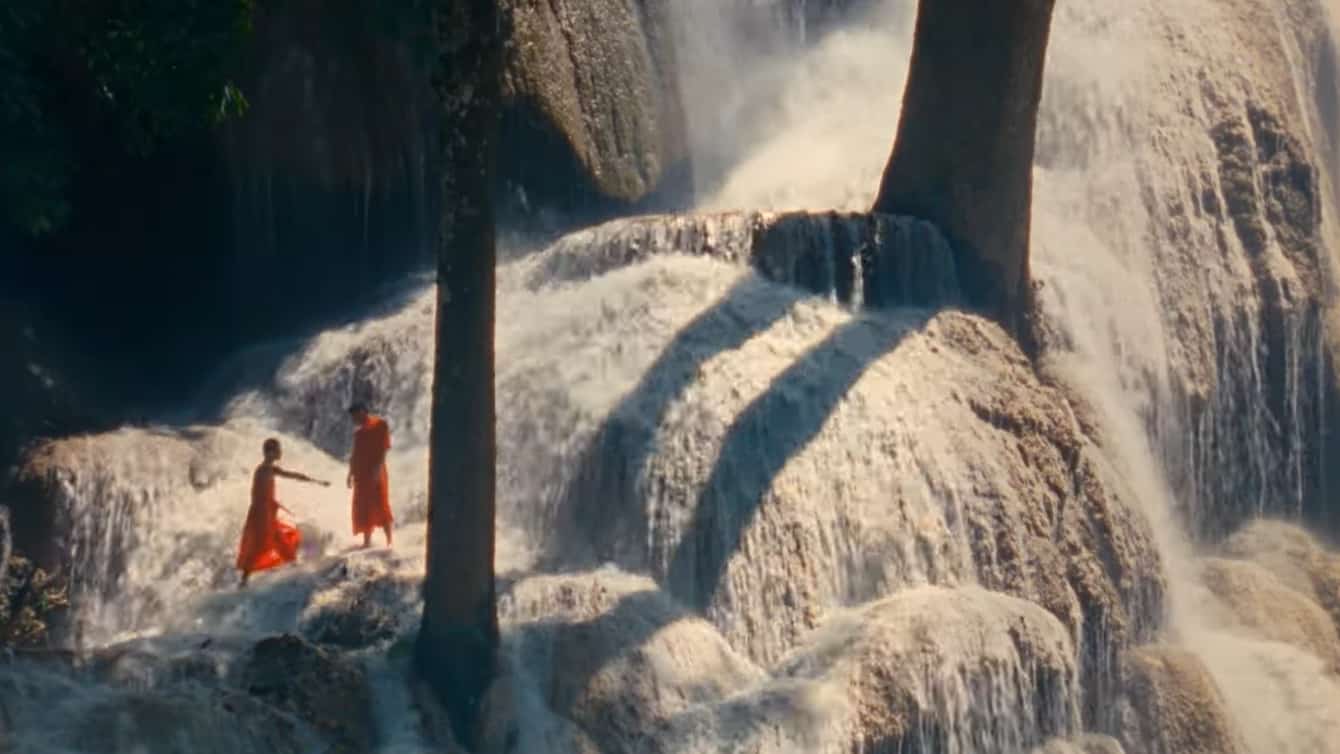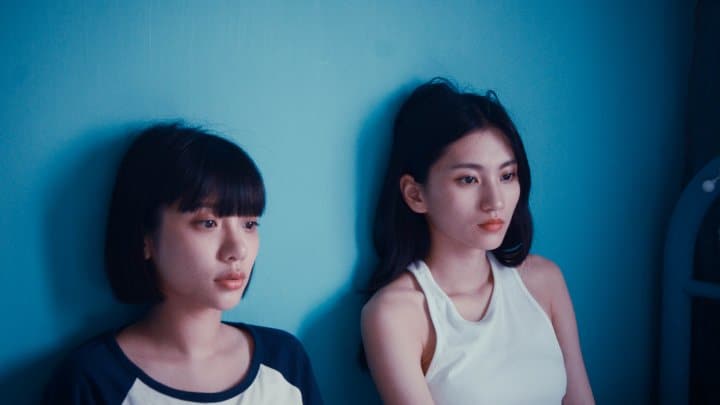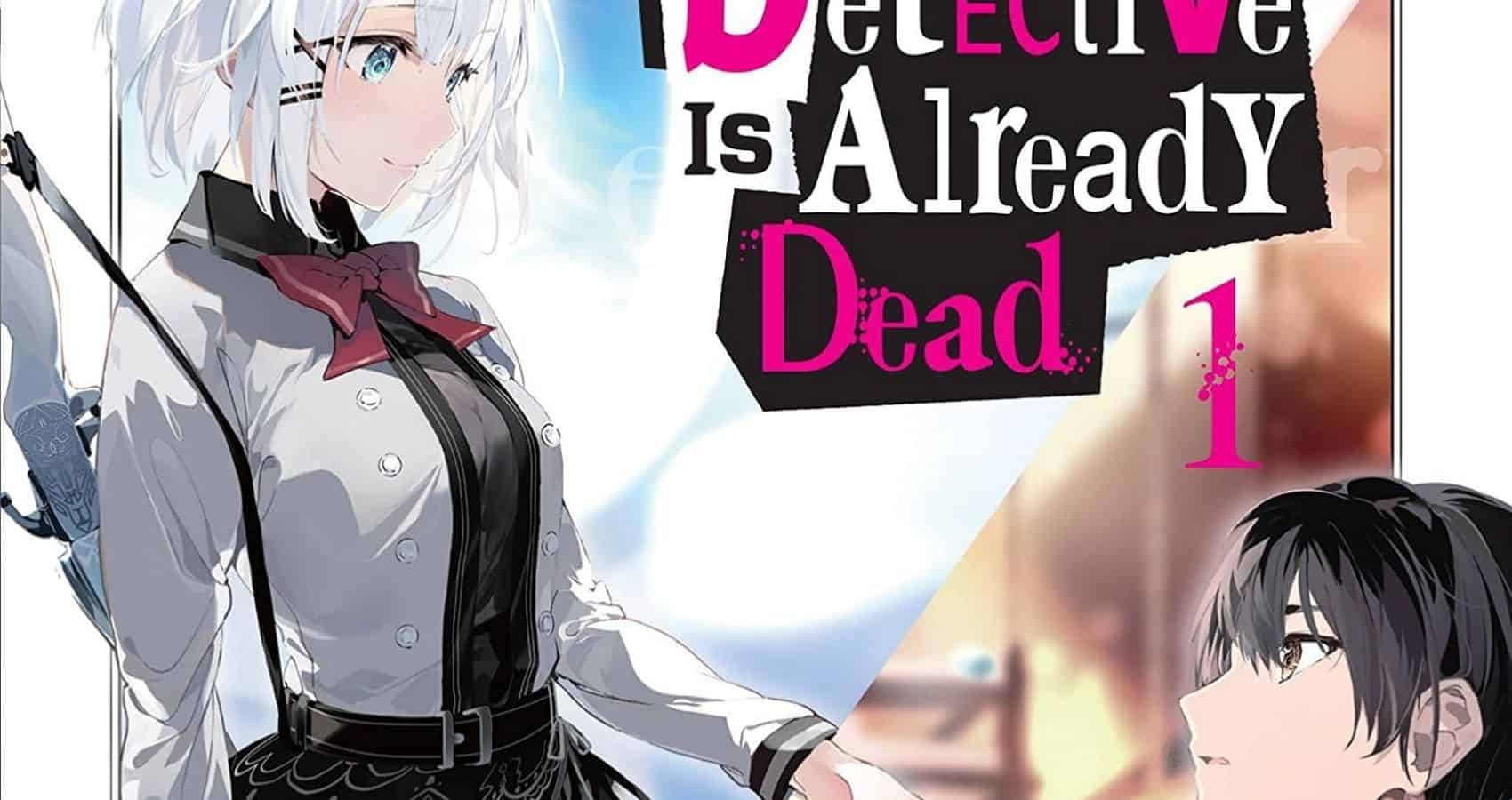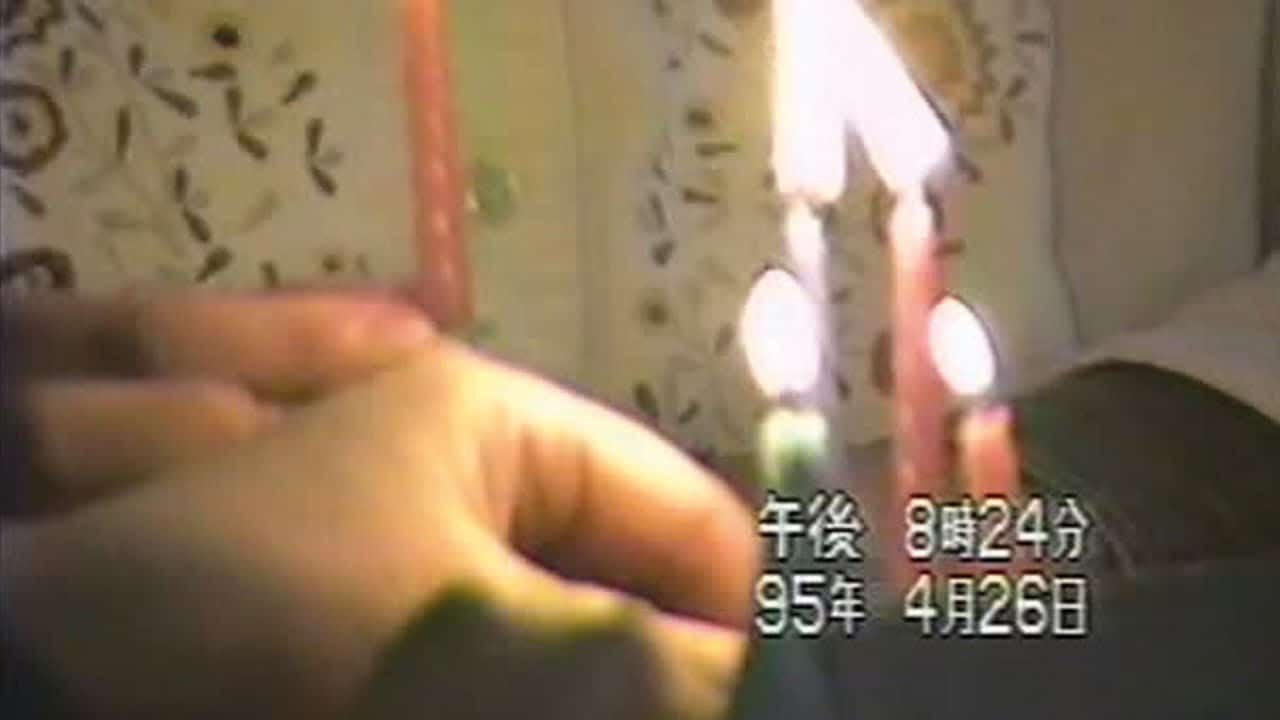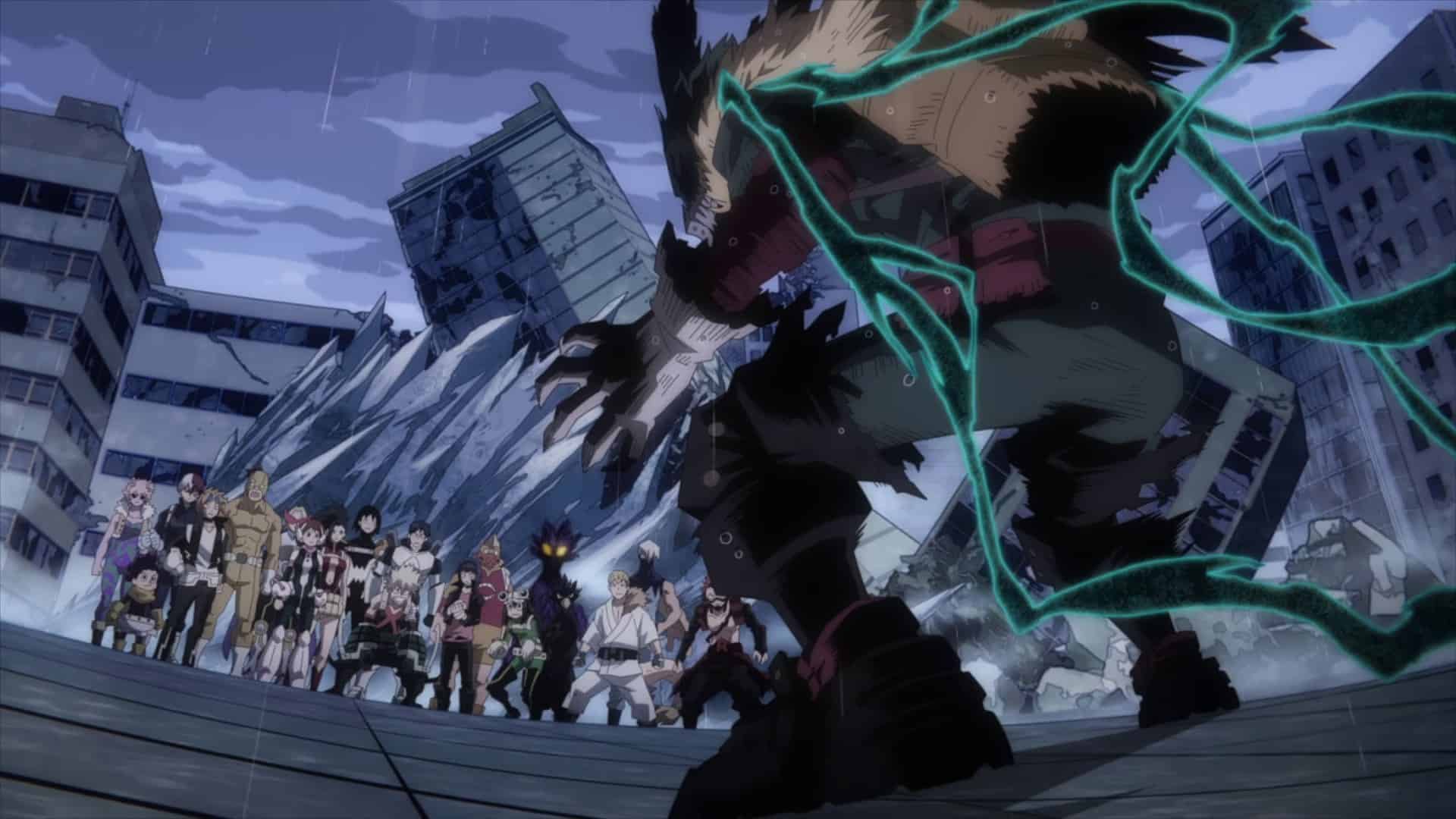Recently awarded with the “Best Humanity Award” at the Japan Film Festival in Los Angeles, Miyuki Tokoi's “Zero as you are” follows a transgender individual on a 3000 days lasting journey of self-realization. The former NHK producer and Galaxy Award nominee sheds light on the very recent topic of LGBTQ in Japan.
“Zero As You Are” is screening on Japannual Film Festival in Vienna
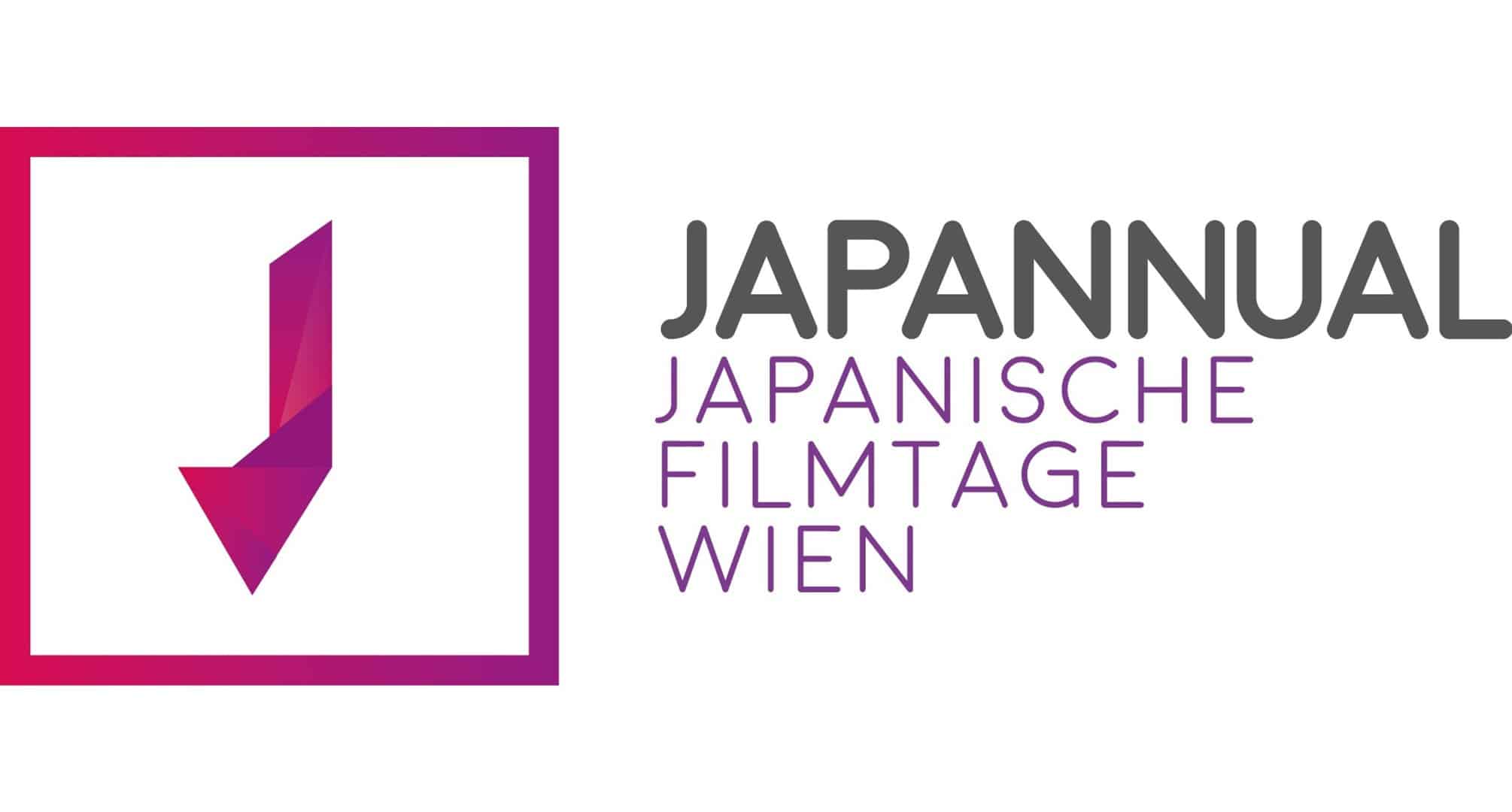
Taking a closer look at Japanese film history, gender issues have been broached more openly than one would expect from such a seemingly conformist society. Toshio Matsumoto's “Funeral Parade of Roses” (1969), Yoshimitsu Morita's “Kitchen” (1989), and “Close Knit” (2017) by Naoko Ogigami are only a few prime examples. In the field of documentary though, there is nothing quite comparable to Tokoi's mammoth project.
Introducing Sky Kobayashi. The 15-year-old junior high school student lives in a state of constant anxiety. Born as a girl, and diagnosed with a “Gender Identity Disorder”, he was one of the first female students in Japan to get recognised as male. Sky spends the next nine years struggling for recognition and has two surgical procedures that finally allow him a sex change in the family register. Along the way, he meets people who share the same fate and encourage him to go on.
The director embraces a sensitive and cheering approach, often seen in other NHK produced TV documentaries. Heart-warming and inspirational, and on the edge of being too mushy, “Zero as you are” not only tells an inspirational story only about growing up in a rather rigid school system but also gives an account of people like Miyuki Yashiro, who decided to live on as a woman at the age of 78.
Gentle piano music is being used to combine the delicate topic with the innocence of adolescence. Sky Kobayashi himself narrates throughout the whole film. Surprisingly, he expresses his views in a mature and reflected way. Sometimes Miyuki Tokoi asks him questions, but most of the time she stays behind. In doing so, “Zero as you are” becomes Sky Kobayashi's film and allows a deep insight into his emotional development, which is further highlighted by the presentation of his poems that he publishes under the name “Acorn”. Besides the inner conflict of the protagonist, the documentary deals with the distinct rules of the Japanese legal and medical system and the resulting difficulties that Sky has to face.
In reminisence of “Children Full of Life” (2003), another NHK documentary by Noboru Kaetsu about 4th graders coming to terms with death, “Zero as you are” successfully shows the collision of sobriety and youth as related to questions of identity. These questions may never get answered. The end of the film exposes, even after surgery Sky has problems with his gender and doesn't feel like a real male either. He continues his search beyond the dichotomy of the sexes.



